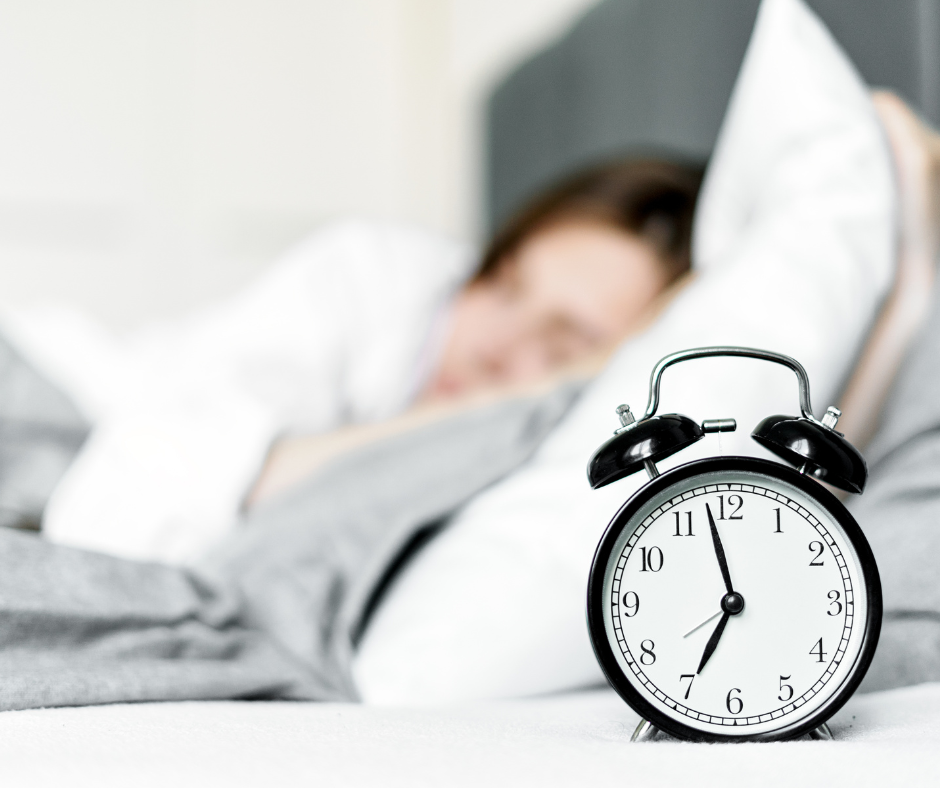Daylight Savings Time is on the horizon, bringing those extra evening rays we all love. But along with longer days comes the not-so-welcome side effect of losing an hour of sleep — and the grogginess that follows. The good news? You can take steps right now to make the transition easier on your body and mind.
Why Does One Hour Matter So Much?
It's not just a little lost sleep. Shifting the clock can throw off your circadian rhythm — your body’s internal clock — leading to fatigue, mood changes, and even increased appetite for sugary snacks. Research shows that heart attacks spike by 24% the day after the time change, and car crashes rise by 6% during the first week. Those numbers are no coincidence — sleep matters!
How to Get Ahead of the Clock
The best way to avoid a sleep slump? Start adjusting your routine before the clocks spring forward. Here’s how:
- Go to bed and wake up 15-30 minutes earlier each day this week to ease your body into the new schedule.
- Soak up natural sunlight during the day to help reset your internal clock.
- Skip the afternoon coffee and late-night glass of wine — both can mess with your sleep quality.
- Prioritize sleep hygiene by keeping your room dark, cool, and free of screens before bed.
Take Charge of Your Sleep
We can’t control the clock but can control how we prepare for the change. Start making small adjustments now for a smoother transition and more restful nights ahead.
Dream big, work hard, sleep ambitiously,
Joe Castignani



